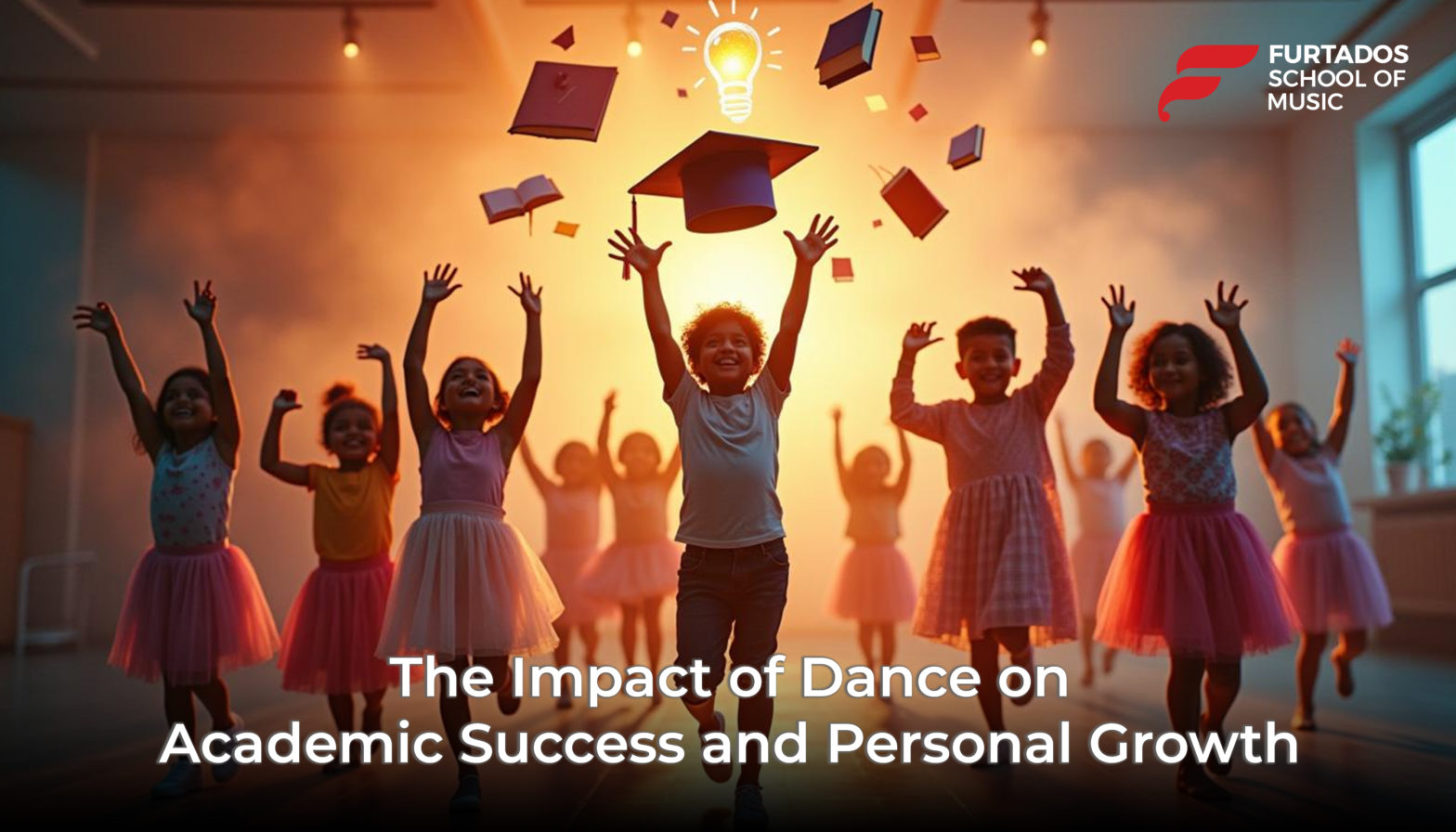Dance is often celebrated for its artistic and recreational value, but its benefits extend far beyond the dance floor. For students, dance serves as a powerful tool for academic success and personal growth. In this blog, we will explore the profound impact of dance and cognitive skills, dance education benefits, dance and academic performance, and Impact of Dance and personal development in fostering well-rounded individuals.
Impact of Dance on Academic Success
Enhanced Cognitive Skills
Dance involves intricate movements and routines that require memorization, rhythm recognition, and spatial awareness. These activities engage the brain in ways that improve memory, problem-solving, and concentration. The connection between dance and cognitive skills is undeniable, as students who actively participate in dance often show enhanced mental agility. Studies indicate that students involved in dance programs tend to perform better on standardized tests and excel in core academic subjects, demonstrating how dance boosts academic success.
Improved Time Management
Balancing dance practice with academics requires strong organizational skills. Students learn to prioritize tasks, set achievable goals, and manage their schedules effectively. These time management skills, developed through dance, contribute to better performance in both academic and personal areas of life. The discipline required for dance and academic performance translates into a structured approach to schoolwork, helping students meet deadlines and stay focused on their goals.
Increased Discipline and Perseverance
Dance demands dedication, focus, and perseverance. Regular practice sessions, overcoming challenges, and striving for improvement teach students resilience and a strong work ethic. These qualities are essential for academic success and personal growth. Through the discipline fostered by dance, students develop a determined mindset, positively influencing their academic journey and preparing them for future challenges in life and learning.
Dance and Personal Development
Boosted Self-Esteem and Confidence
Performing in front of an audience and mastering complex routines significantly boost students’ self-esteem and confidence. The recognition and sense of accomplishment they gain enhance their self-image and overall confidence. This connection between dance and personal development ensures students carry these positive traits into their academic and social lives. Increased confidence can even inspire students to take on leadership roles in both school and extracurricular activities, further contributing to their holistic growth.
Enhanced Social Skills
Dance often involves group activities, which encourage collaboration, communication, and teamwork. Students learn to support and connect with their peers, fostering relationships built on trust and understanding. The social interactions inherent in dance programs lead to improved social skills, benefiting relationships with classmates, teachers, and family members. These interactions exemplify the broader scope of dance education benefits, helping students build strong interpersonal relationships that will serve them well throughout their lives.
Stress Reduction and Emotional Balance
Dance offers a creative and physical outlet for stress relief and emotional expression. The rhythmic movements and physical exertion help reduce anxiety and promote emotional balance. Students who engage in dance are better equipped to handle academic pressures and personal challenges. This emotional stability enhances their overall development and reinforces the importance of dance and personal development in cultivating emotionally balanced individuals.
How Schools Can Leverage Dance
Promoting Dance Programs
Schools can embrace dance education benefits by offering diverse dance programs tailored to various interests and skill levels. These programs provide students with opportunities to explore different dance styles, express their creativity, and experience the numerous advantages dance offers. Including dance workshops, after-school activities, or cultural events in school programs ensures students have access to these enriching experiences.
Integrating Dance with Academic Subjects
Combining dance with academic subjects can enhance student engagement and learning. For instance, incorporating dance into history or literature lessons allows students to connect movement with storytelling, making learning more dynamic and memorable. This interdisciplinary approach not only boosts academic engagement but also strengthens the link between dance and academic performance, encouraging students to see the value of creativity in education.
Conclusion
The impact of dance on students’ lives is profound, influencing both their academic achievements and personal growth. By enhancing dance and cognitive skills, improving time management, and fostering discipline, dance supports students’ academic success. Simultaneously, it boosts self-esteem, strengthens social skills, and promotes emotional well-being, solidifying its role in dance and personal development.
Schools should recognize these multifaceted benefits and integrate dance into their programs to nurture well-rounded individuals. By prioritizing dance education benefits, we can create a generation of students who excel both academically and personally, ready to face life’s challenges with confidence and resilience.
